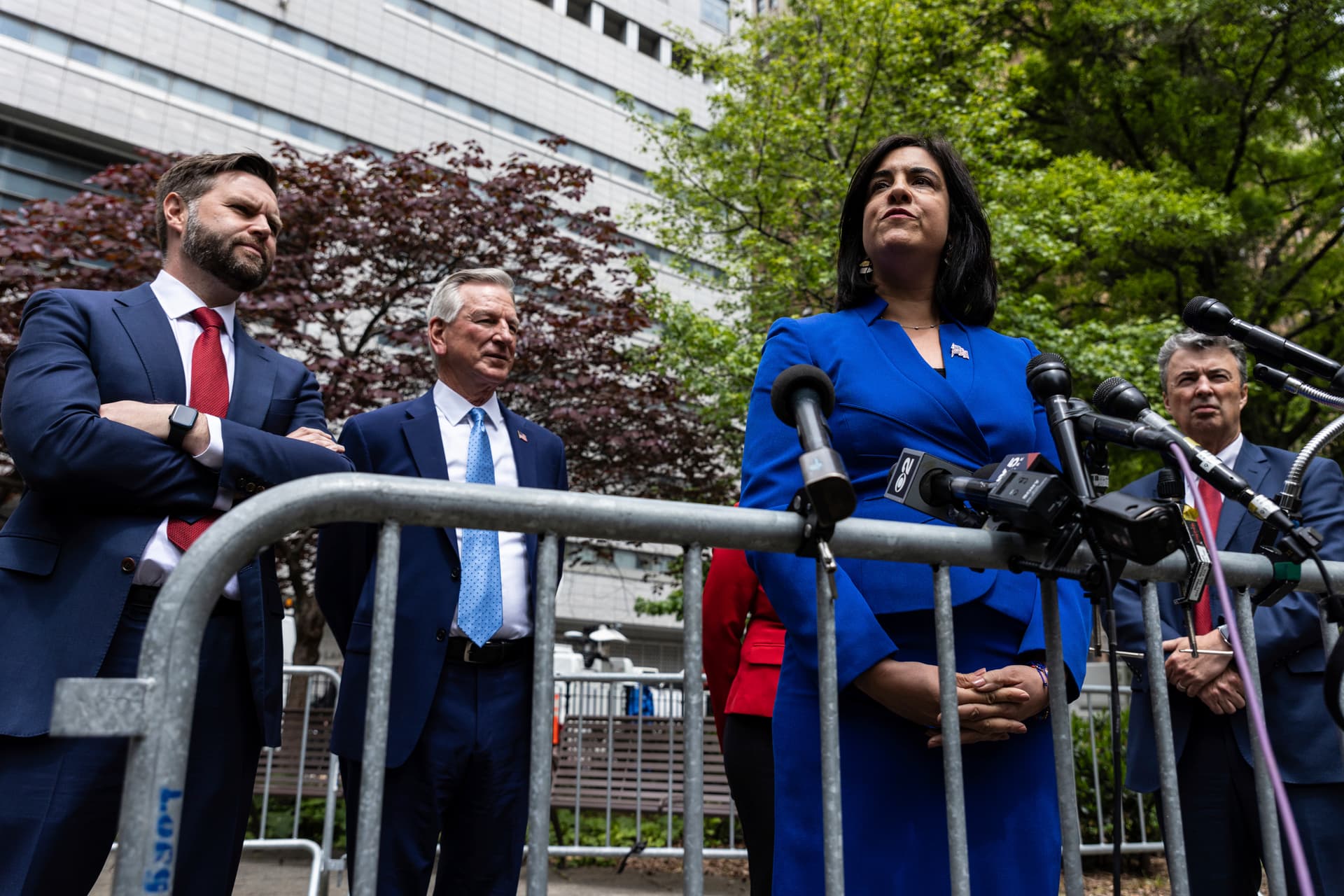
Joe Biden’s Affordability Problem Has Become Trump’s Affordability Solution
By LAWRENCE KUDLOW
|There are some bright spots for McConnell, though they are few and far between.


By LAWRENCE KUDLOW
|
By NOVI ZHUKOVSKY
|
By THE NEW YORK SUN
|
By THE NEW YORK SUN
|
By BRADLEY CORTRIGHT
|
By MATTHEW RICE
|
By BENNY AVNI
|
By LUKE FUNK
|Already have a subscription? Sign in to continue reading
$0.01/day for 60 days
Cancel anytime
By continuing you agree to our Privacy Policy and Terms of Service.